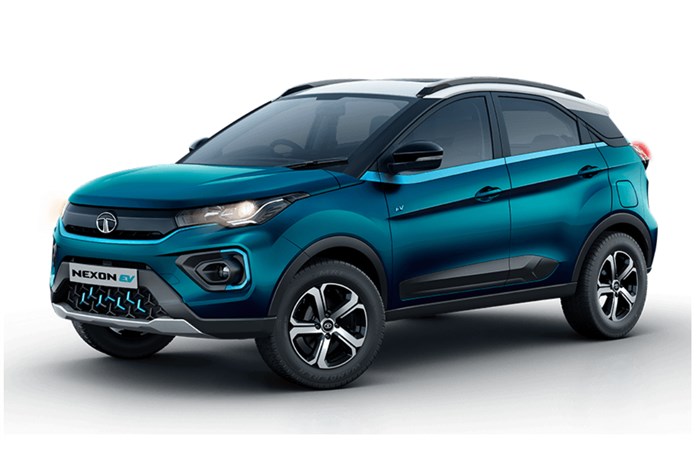
Having introduced its electric vehicle policy in August last year, the Delhi government has now stopped offering subsidies on electric cars. According to a report, the government has stopped offering the Rs 1.5 lakh subsidy on electric cars with no plans to extend the scheme. The subsidy was only valid for the initial 1,000 units registered following the state EV policy coming into force.
- To focus on two-wheelers, three wheelers and CVs
- Disbursement of subsidies to first 1,000 electric car owners complete
- Road Tax and registration charge waiver likely to remain in place
Why are the subsidies discontinued?
As per the Delhi EV Policy 2020, the state government will waive road tax and registration charges on all electric cars for the next three years, besides offering an additional incentive of up to Rs 1.5 lakh on the first 1,000 units sold.
The report states that the Delhi government has completed disbursement of the subsidies under the policy to the first 1,000 EV owners with no further subsidies to be offered. Electric car buyers are still likely to benefit from a waiver on road tax and registration fee offered to all battery electric vehicles during the three-year course of the policy.
Kailash Gahlot, transport minister of Delhi, reportedly said that the electric car market had received the necessary push in the state. He further stated that a subsidy on electric cars was not required as buyers who were able to afford a vehicle in the region of Rs 15 lakh could pay the additional cost no longer covered by subsidies.
Delhi government to focus on other EV segments
The report further quoted Gahlot saying that the focus has shifted to promoting electric vehicles in the two-wheeler and commercial vehicle space, which constituted a large portion of vehicles plying on Delhi roads. Gahlot said that the focus would be on offering subsidies to the likes of auto drivers, two-wheeler owners and delivery partners.
Under the current EV policy, while electric cars had a cap on the number of vehicles eligible for subsidies, other segments, such as e-rickshaws and two-wheelers, did not. Electric three-wheelers and two-wheelers attract subsidies up to Rs 30,000, aside from road tax and registration fee waivers.
https://ift.tt/3CD3gZg



